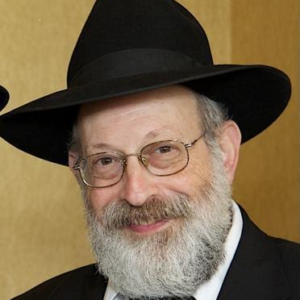Ending violence at the Western Wall will take empathy from all of us
Harassment of anyone at the Western Wall is unacceptable. To end it, every Jew needs to understand the perspective of those unlike themselves, writes a Haredi rabbi
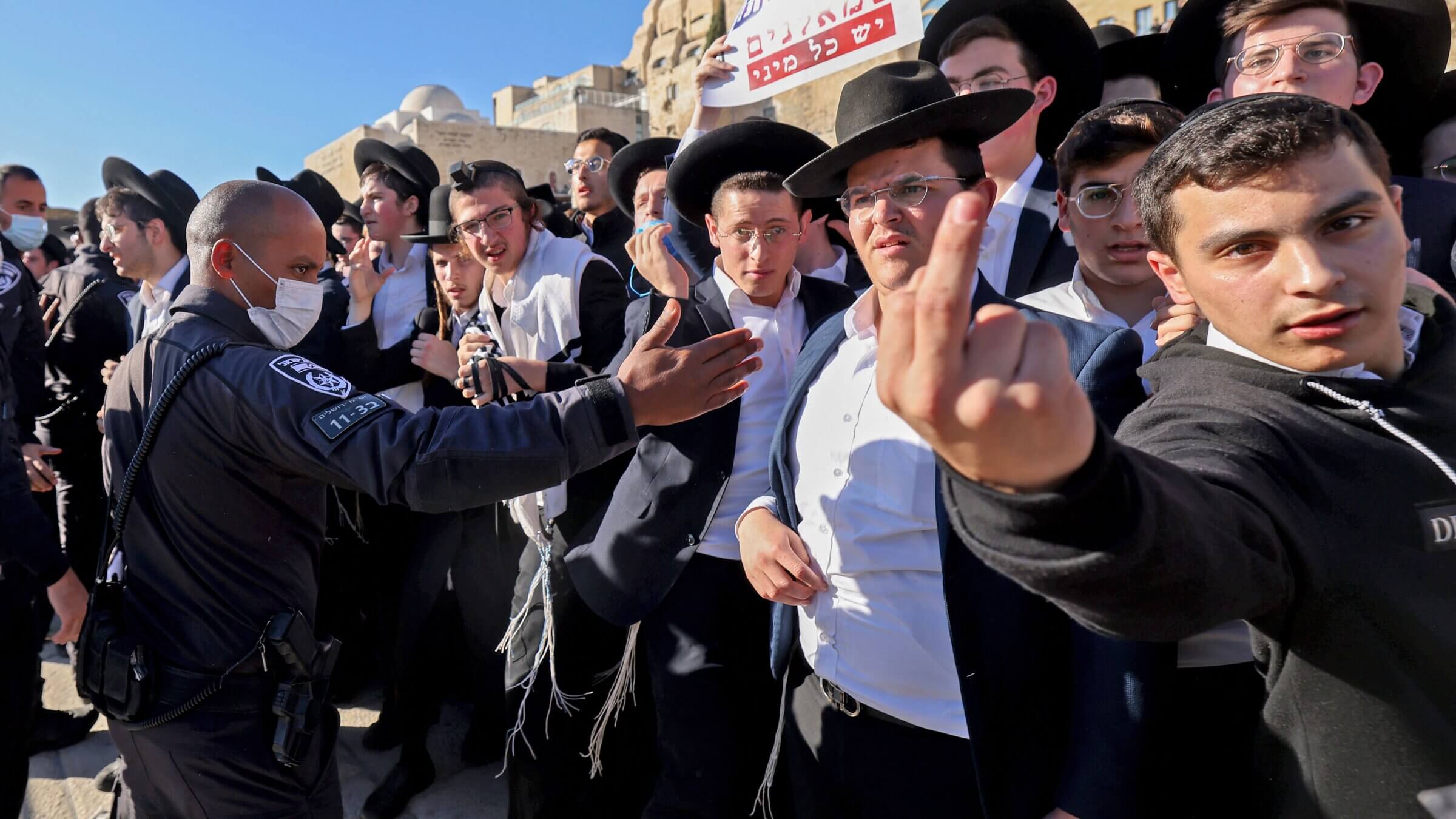
Orthodox Jews clash with Israeli security forces during a protest against “Women of the Wall,” a group of women activists that advocates for pluralistic prayer, at the Western Wall in Jerusalem on Nov. 5, 2021. Women of the Wall were met with violence at the Western Wall as they tried to enter the plaza holding Torah scrolls in a long-running campaign for gender equality at the site. Photo by EMMANUEL DUNAND/AFP via Getty Images
Several weeks ago, a group of Orthodox teenagers and young men catcalled, insulted and harassed those celebrating b’nai mitzvah at the egalitarian prayer space near the Western Wall.
As I wrote at the time, “I am ashamed, as all principled Orthodox Jews who understand what being Orthodox means should be,” and “there is no excuse — none whatsoever — for downplaying the sheer loathsomeness” of their acts.
On the first day of Av, one week ago, something similar happened again.
Something similar, but also very different.
Once again, some hotheads harassed women participating in a non-Orthodox bat mitzvah. You’ll hear no excuses from me for their catcalls and insults.
What was different, though, is that this ceremony took place not in the Robinson’s Arch area designated for egalitarian prayer and celebrations, but in the women’s section of the main Kotel plaza.
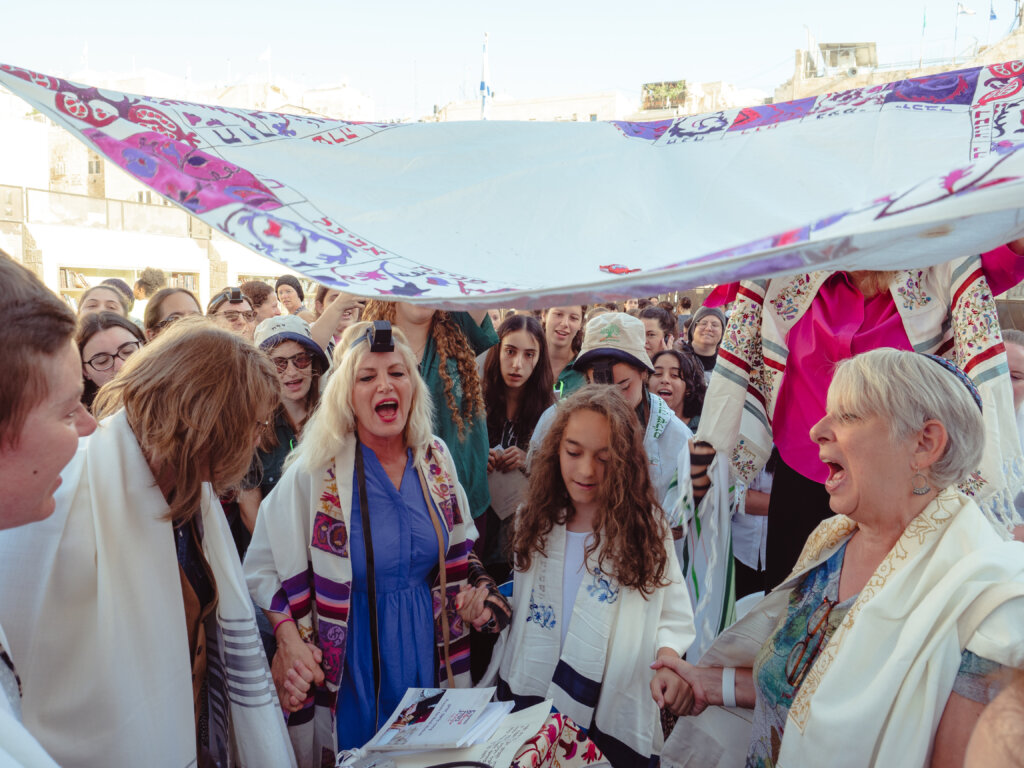
The venue, packed with hundreds of Orthodox women (and an even larger number of Orthodox men on the other side of the partition), was seemingly chosen to be provocative.
Writing in these pages, the bat mitzvah explained that she wanted her ceremony to be at the Kotel main plaza rather than at Robinson’s Arch because she “wanted to be a part of the movement to gain more rights for women.” She went on to describe how, as she walked into the women’s section of the Kotel plaza and heard the commotion being caused, she reimagined hearing the harassment as “being a star goalkeeper making a decisive save in the World Cup final, where the crowd goes wild cheering for me.”
She cited Women of the Wall as her inspiration, a group that has since 1988 promoted and publicized women reading aloud from the Torah, and wearing tallit and tefillin, at the Western Wall, something most Orthodox Jews see as not permitted under Jewish law. As usual, a camerawoman was ready to capture any anger displayed by Orthodox Jews.
In the decades since Jerusalem was liberated by Israel in 1967, anyone who has wished to worship at the Western Wall, traditional and nontraditional, Jew and non-Jew alike, has been able to do so. The Kotel became a place of peace and Jewish devotion.
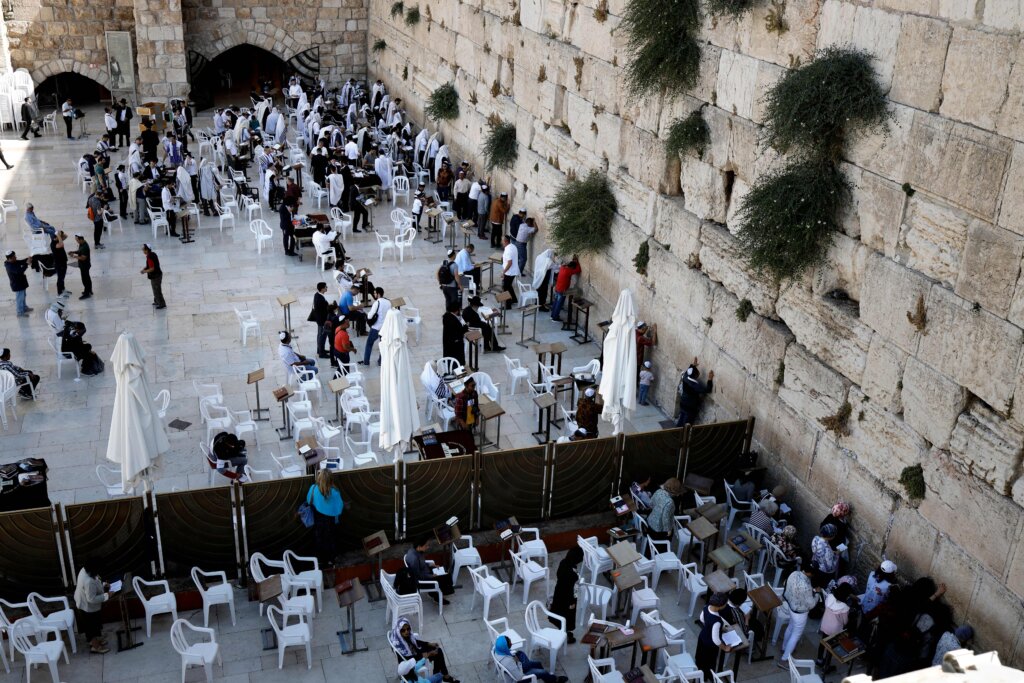
Many of those who regularly flock to the site are Orthodox Jews, and the site is run in accordance with traditional interpretations of Jewish law. These standards are surely not the personal ones of all visitors to the Kotel. But in the interest of unity, they are generally respected by everyone, and the Kotel plaza generally remains a place of serenity and amity, a Jewish societal oasis of sorts – likely the only place on earth where Jews of different stripes pray side by side.
Tragically, it more routinely became a place of strife when the Women of the Wall began organizing monthly prayer services that doubled as protests. The angry response from some Orthodox hooligans over the decades has been as predictable as it is lamentable; while the vast majority of Orthodox Jews do not act on the anguish they feel, many see the practices of the Women of the Wall as an affront to traditional Judaism.
In 2004, the Israeli government set aside an area near the southwest corner of the Western Wall, at Robinson’s Arch, for egalitarian prayer. I was not happy about that change, as it balkanized the Kotel and essentially threw in the towel on maintaining unity. But it became a reality, and should have put an end to strife. Alas, as recent events have shown, it did not. And I do not believe that it will until we all can muster some empathy for one another.
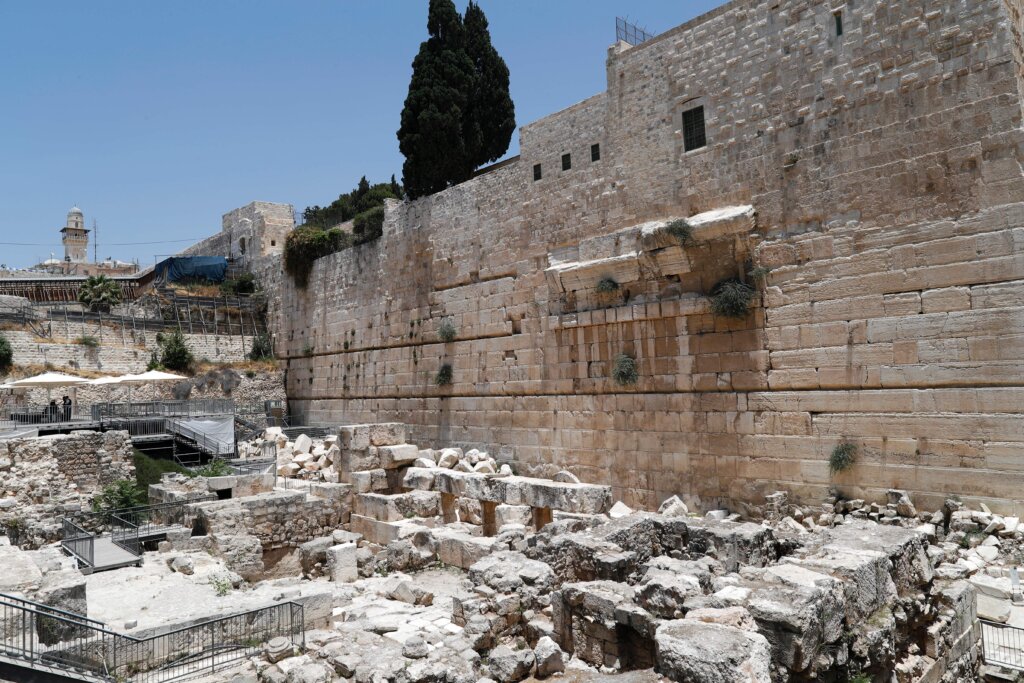
I am a Haredi Jew. But I am easily able to imagine a fellow Jew who, raised in a Reform or Conservative home, has regularly seen women chanting from the Torah and leading services in the presence of men. At the Western Wall, he or she may well feel that something is somehow “wrong” with the reality that, while many women are present and praying, only men are conducting group services and reading from the Torah.
But my non-Orthodox brothers and sisters should be able, no less, to summon empathy for those of us who consider Jewish law the historical heritage of all Jews, and who are greatly disturbed at seeing it publicly trampled at our holiest site. After all, the Kotel is a remnant of the courtyard wall of the Second Holy Temple, where “Orthodox” services were the only ones there were. I ask non-Orthodox Jews to try and imagine what traditional Jews at the Kotel feel when their commitment to Jewish law is upended by a group intent on disrupting their worship.
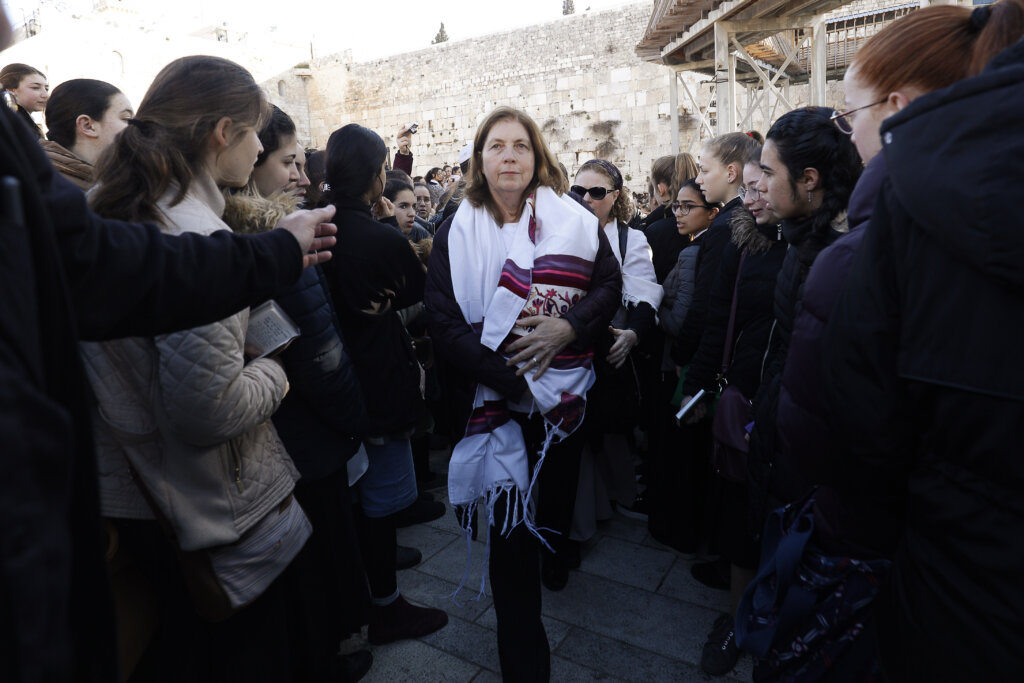
In 2017, non-Haredi journalist Evelyn Gordon, writing in Commentary, noted “the thousands of women who visit the Western Wall every day not to ‘see and be seen,’ as [the] Women of the Wall chairwoman” once described her goal, “but to pour out their hearts to God.” They are subjected, against their will, she wrote, to services “conducted in as loud, public and disruptive [a] manner as possible.”
Today, sadly, the disunity of our people is reflected in the designation of one area for Orthodox Jews and another for non-Orthodox ones, in abandonment of a common Kotel plaza for us all.
Harassment and violence are wrong, ugly and destructive. So too, though, is the quest to evoke them.
As we say goodbye to this coming Shabbat, Tisha B’Av will be upon us once again. Jewish tradition holds that the mournful day, historically a day drenched with Jewish blood and tears, will in the future become one of celebration.
Hatred between Jews is cited as a reason for Jewish tragedies like those that Tisha B’Av commemorates, and reversing such anger as key to the metamorphosis of the day.
I pray that, with empathy, we will bring that day soon.



